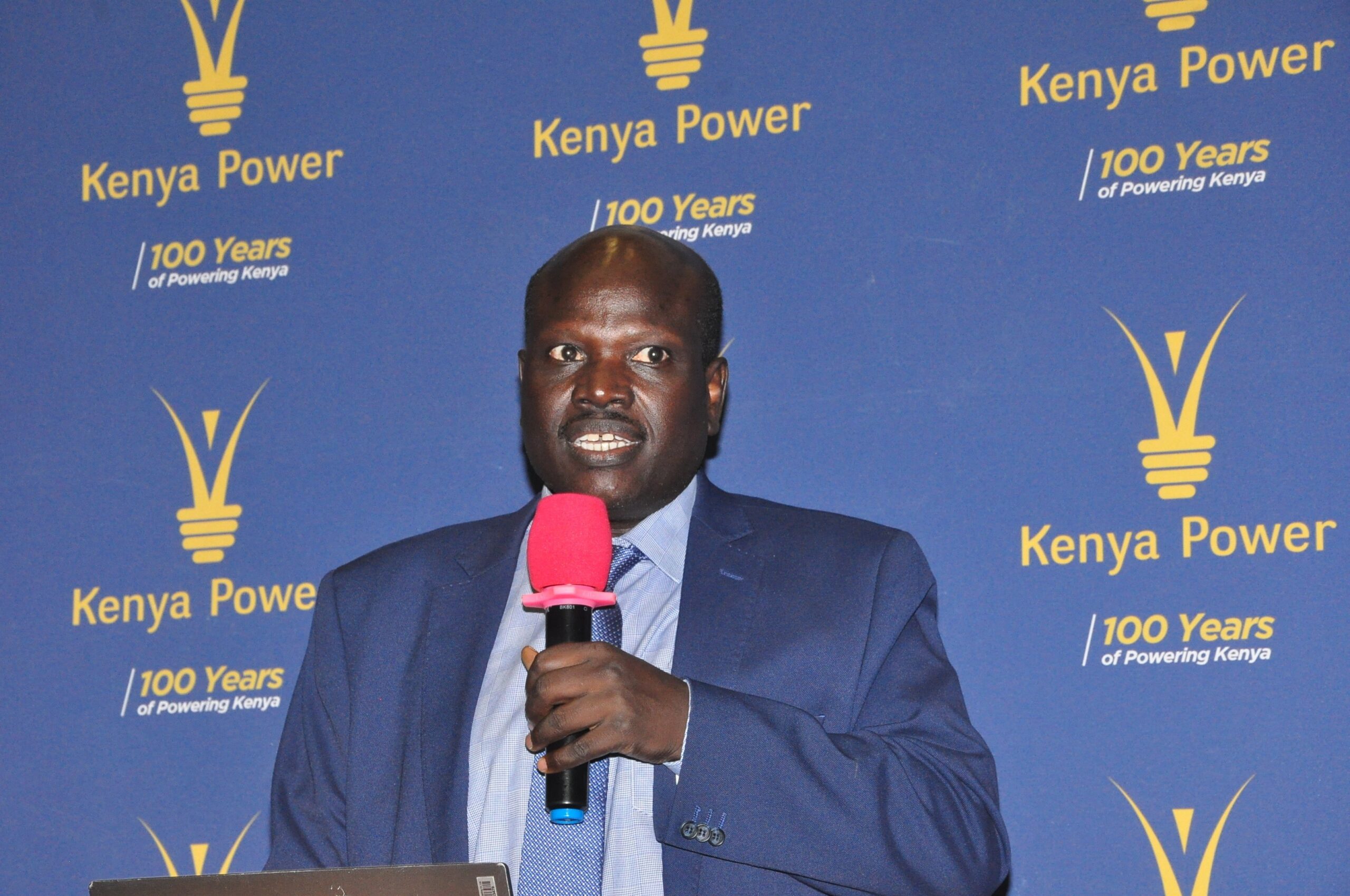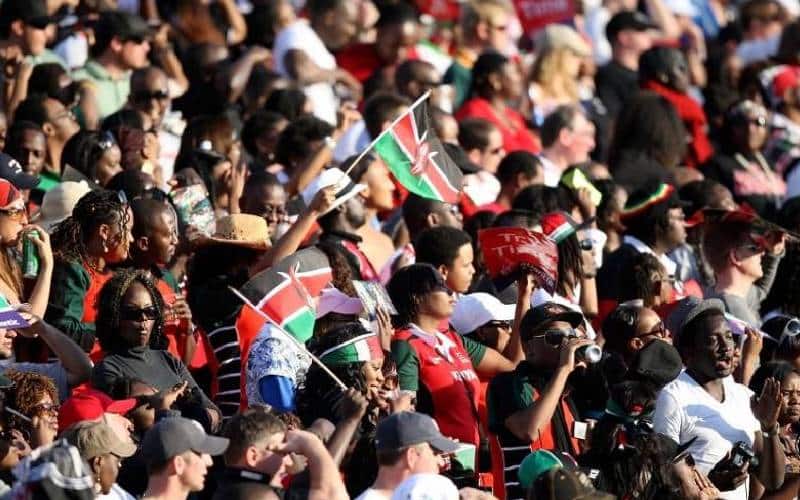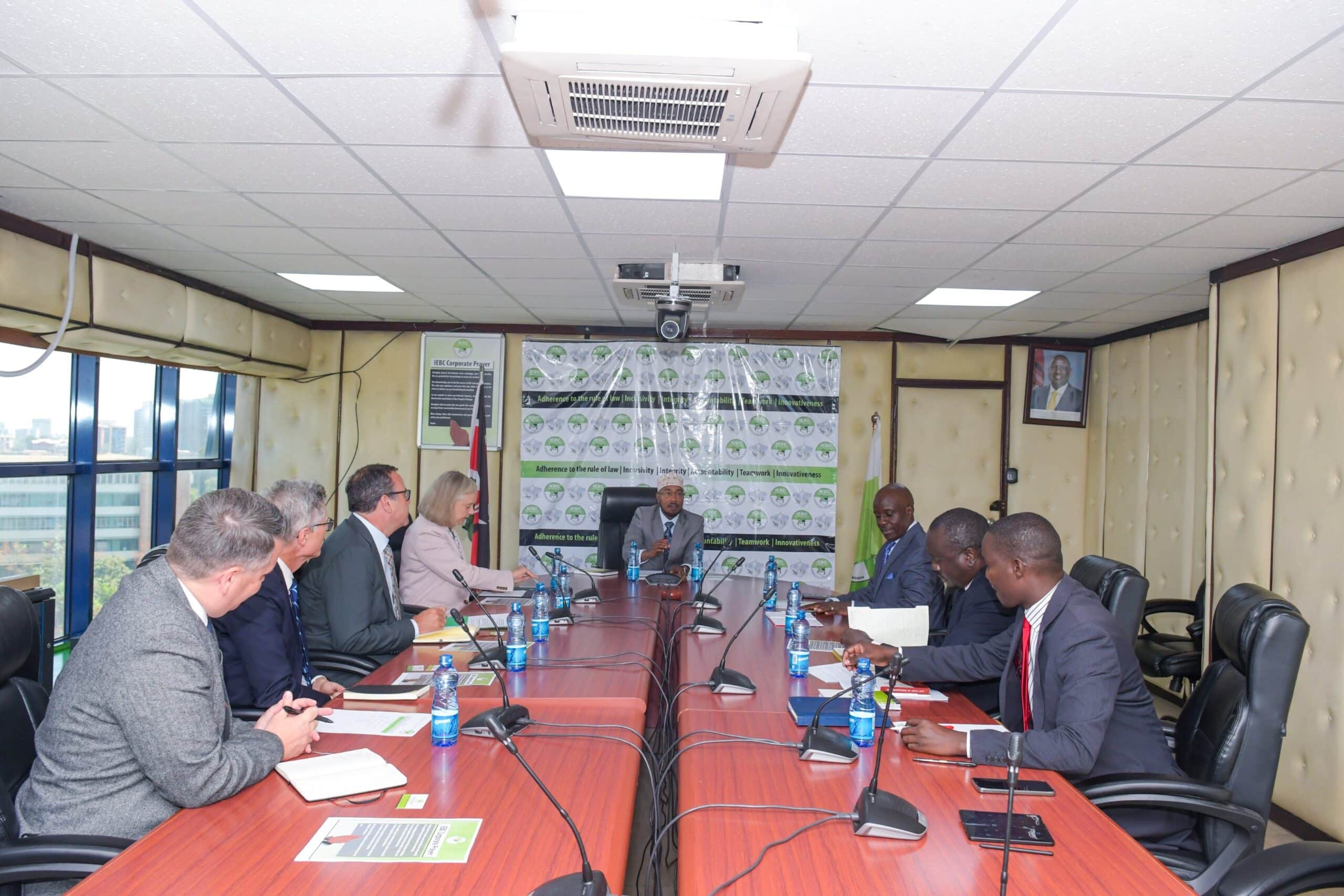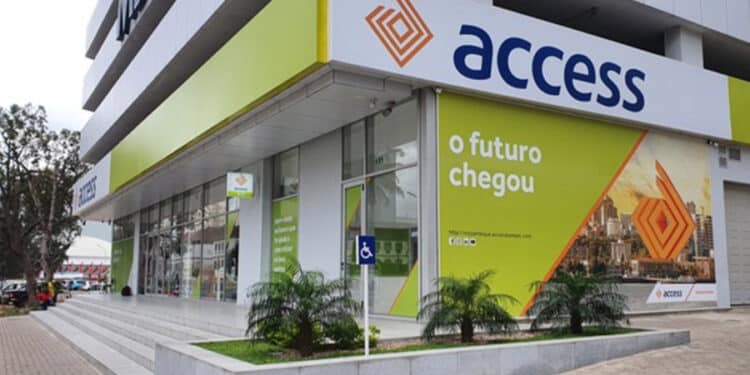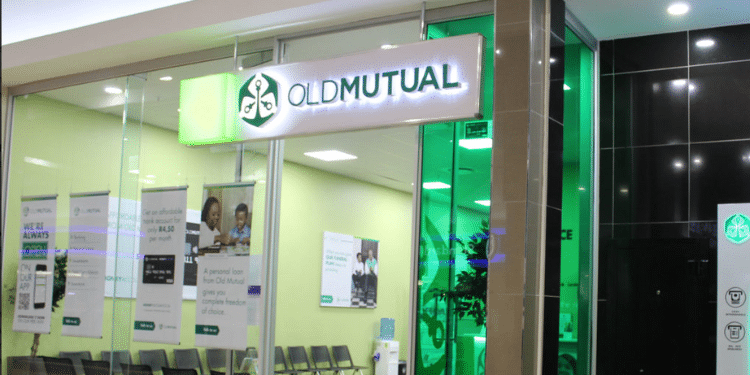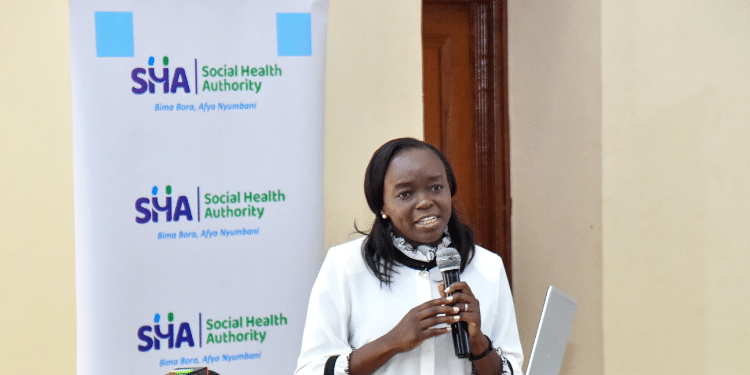With the official rollout of the Social Health Authority (SHA) on Tuesday, October 1, the government has developed a means-testing tool that targets informal sector contributors to the Social Health Insurance Fund (SHIF) for deployment.
SHA has moved to assure Kenyans that SHIF will significantly lower the cost of health care for poor households in the country.
The Authority has indicated that a raft of regulations to govern SHIF would address the limitations observed in the National Hospital Insurance Fund (NHIF) by prioritizing equitable access to quality, affordable, and comprehensive health care for all.
The means-testing instrument will be used to gauge household income, which will be deducted at 2.75 percent among those in the informal section, of self-income contributors.
Means testing is set to be conducted based on various socio-economic aspects including housing characteristics, access to basic services, household composition & characteristics.

Other aspects include information obtained from a beneficiary’s use of Mobile Telephony Services, Banking & Micro-Finance Transactions, Credit Reference Bureau data, retail/consumer transactions, business income, utility data and any other information that could be used in the determination of income.
SHA explains how Means Testing for SHIF will work
The outcome of the income estimation score will be used to calculate the Social Health Authority Insurance Premium to be paid by the contributor/household. In addition, means testing will be used to determine proxy income based on expenditure patterns.
Also Read: Why Omtatah Wants SHA Rollout Stopped
For salaried employees, contributions will be based on their salaried income. However, for non-salaried income earners, contributions will only be determined using the means testing hence payment will be after means testing.
Those whom the means testing tool determines to fall in or below contributions of Ksh300 will contribute the base premium of Ksh300.
The government will also contribute to those who apply for a subsidy if they fall below this threshold.
For salaried/payroll employment households whose income is not derived from salary, contributions shall be made by an annual contribution as determined by the means testing instrument.
In the case of households in need of financial assistance, as determined by the means testing instrument, the government will subsidize at a rate apportioned from funds appropriated by Parliament and County Assemblies for that purpose.
Also Read: Health CS Fumbles to Explain SHA Deductions Hours Before Rollout
The Authority, in collaboration with the Ministry of Cooperatives and micro, small, and medium enterprises development and other financing institutions, shall provide premium financing to non-salaried persons to enable them to pay their annual contributions within the intervals under which their income becomes available.
Directive on Dialysis and Cancer Services
Meanwhile, SHA CEO Elijah Wachira has directed all contracted healthcare providers to continue offering dialysis and cancer services.
Wachira in an announcement to all the branch managers said hospitals should also provide maternity and provide services to all individuals with active schemes.
“Further to my earlier letter on the above subject matter, kindly further note that: no member will be denied Dialysis and Cancer services, maternity services should not be denied in KEPH levels 2 and 3, and active Managed schemes should continue accessing services,” Wachira said.
The SHA boss had earlier explained that the authority is mandated to contract licensed and empaneled Healthcare Providers (HCPs) and Healthcare Facilities (HCFs).
Follow our WhatsApp Channel for real-time news updates!
https://whatsapp.com/channel/0029VaB3k54HltYFiQ1f2i2C


